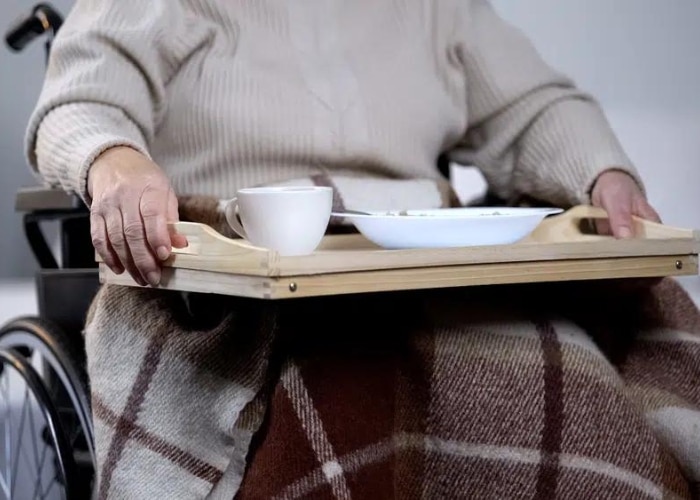A recent large-scale study has revealed a concerning statistic: 40% of residents in Australian aged care homes are malnourished, with 6% categorised as severely malnourished. This alarming finding underscores the urgent need for a national screening program to identify and address malnutrition among the elderly.
The study, conducted by researchers from Monash and Griffith Universities, highlights the insufficient processes currently in place to systematically detect and treat malnutrition in aged care facilities. The lack of routine screening using validated tools means many residents remain undiagnosed and untreated, exacerbating health risks such as increased hospitalisations, higher rates of falls and fractures, slower wound healing, higher infection risk, and accelerated mortality.
The 2021 Royal Commission into Aged Care Quality and Safety had already identified the failure to meet the nutritional needs of residents as a critical issue. The Commission emphasised the importance of improving nutrition as a priority area, a sentiment echoed by the study’s lead author, Dr Jonathan Foo from Monash University’s Department of Physiotherapy. Dr Foo stressed that good nutrition is crucial for healthy aging and that the current aged care sector is not adequately resourced to perform necessary screenings.
Dr Marie-Claire O’Shea from Griffith University’s School of Health Sciences and Social Work added that early identification of malnutrition is just the first step. Enhancements in food quantity and quality are also essential to address this pervasive issue. The study’s authors are working with aged care providers to implement automated malnutrition screening and food-first support pathways, aiming to improve the dining experience and overall nutritional care for residents.
As Australia’s aged care sector continues to face scrutiny, it is clear that addressing malnutrition must be a top priority. With the number of people aged 60 and older expected to double by 2050, and those aged 80 and older to triple, the need for effective nutritional care in aged care facilities is more pressing than ever. The study’s findings serve as a call to action for policymakers, healthcare providers, and the community to ensure that older Australians receive the nutritional care they deserve.
CareVision is committed to enhancing the quality of life for residents in aged care facilities across Australia. By leveraging innovative technology and personalised care solutions, CareVision empowers providers to address critical issues like malnutrition effectively. Their comprehensive platform supports the implementation of automated screening processes and tailored nutritional plans, ensuring that every resident receives the care they need to thrive. As the aged care sector evolves, partnering with CareVision ensures that providers are equipped to meet the growing demands of an aging population, making a meaningful difference in the lives of older Australians.
